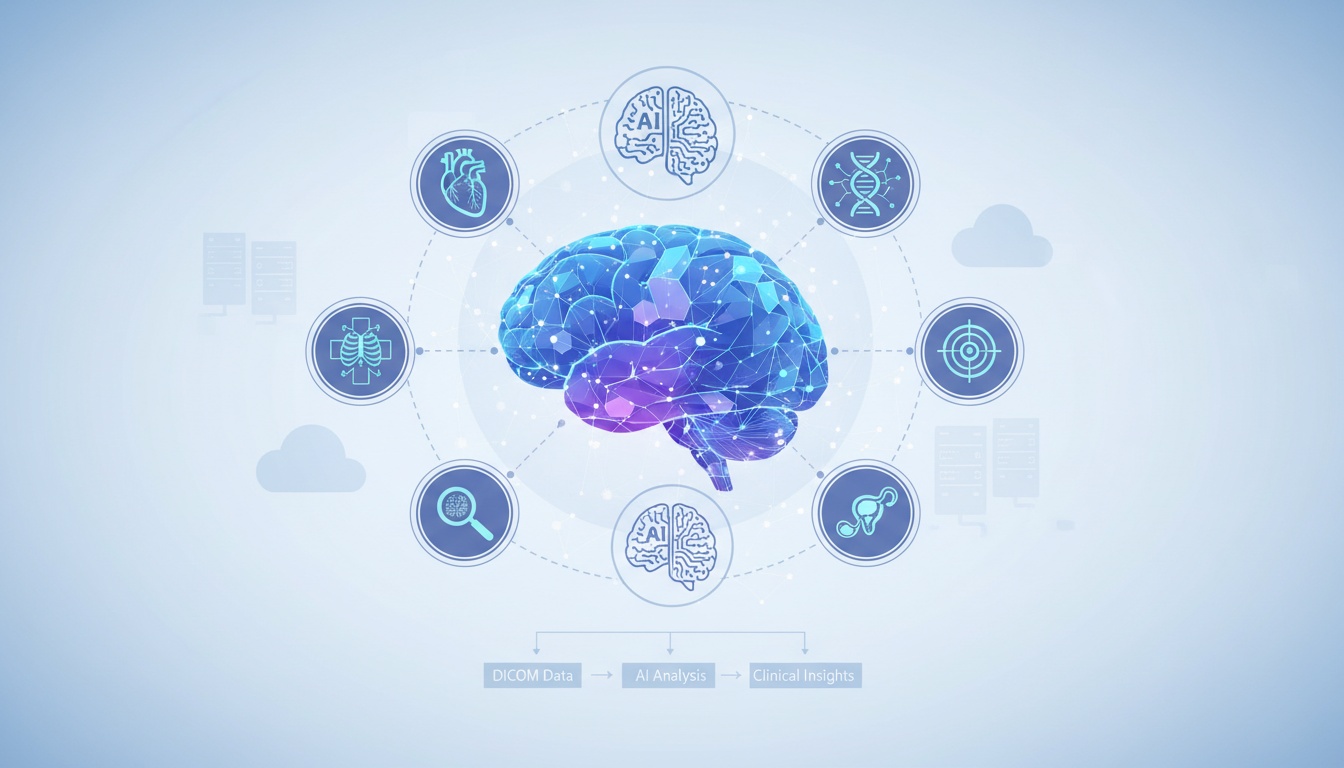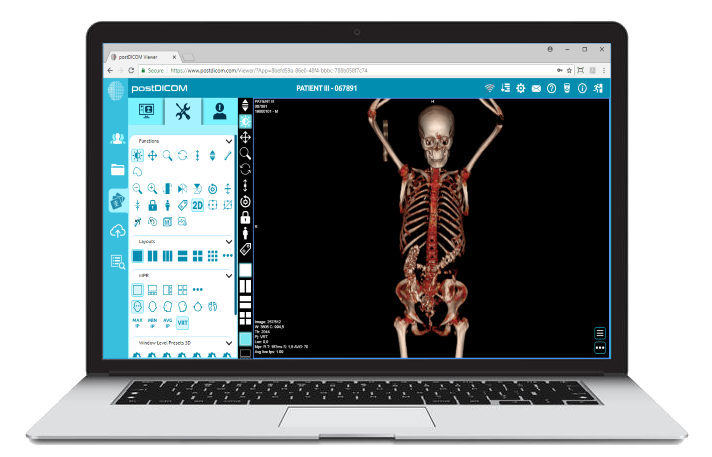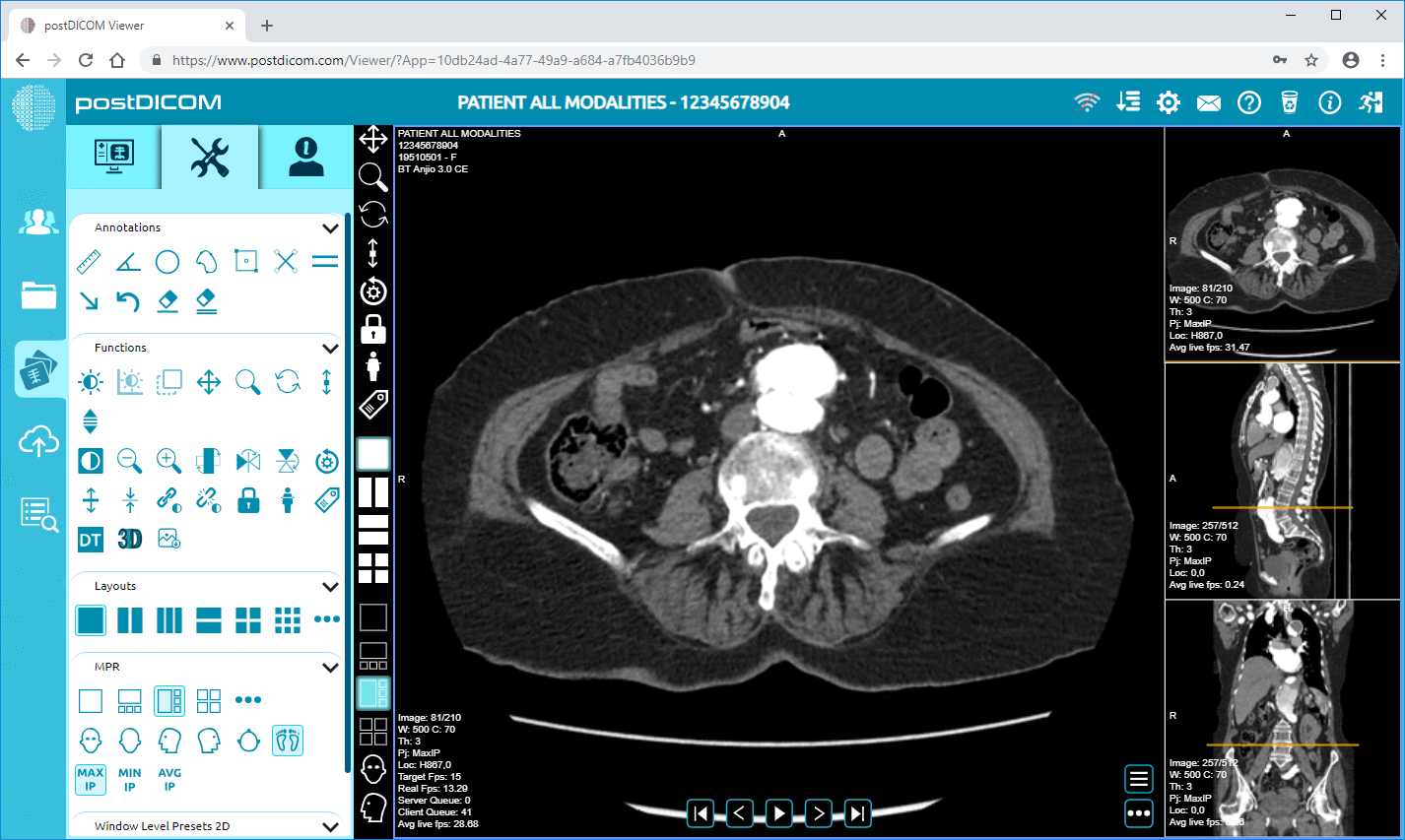
Artificial intelligence (AI) is increasingly used in health information management to improve various tasks' accuracy, efficiency, and speed.
From analyzing medical images to identifying patterns in patient data, AI has the potential to revolutionize the way healthcare is delivered.
In this article, we will explore the various ways in which AI is being utilized in health information management and the potential benefits and challenges of its adoption. We will also discuss the ethical considerations surrounding the use of AI in healthcare and the role of healthcare professionals in shaping the future of this technology.
As a result of the COVID-19 outbreak, the healthcare industry, which has been slow to adopt new information technology in the past, is now making significant technological advances.
According to Accenture, the healthcare AI market will grow to $6.6 billion by 2021 at a whopping CAGR of 40%.
This same study also emphasizes the beneficial financial effects of AI in healthcare. Within just five years, AI will lead to yearly savings of $150 billion for the US healthcare system. Let's take a deeper dive into the applications of AI in healthcare that have shown to be so valuable.
One of the advantages of using AI in healthcare is that it helps doctors make more accurate diagnoses in less time. Human error in healthcare settings may be exacerbated by factors such as a lack of medical history and heavy caseloads.
Artificial intelligence algorithms can detect and diagnose diseases more quickly and accurately than human practitioners (assuming robust data quality, which we will discuss later). For instance, an AI model trained with deep learning outperforms 11 human pathologists in diagnosing breast cancer (as reported in 2017).
With artificial intelligence (AI) and collaborative partners, PathAI can provide the most precise diagnoses and administer the most effective therapies, dramatically enhancing patient outcomes.
They used machine learning to create an algorithm to make a call or recognize when it needs human guidance. In cases such as cardiomegaly, they discovered that a human-AI hybrid model performed 8% better than either could.
This study demonstrates that AI is not yet at the point where it can fully replace people, but it may supplement existing systems to improve performance.
Patients rarely have a positive experience at healthcare institutions because of their high volume and constant chaos. An overwhelming majority of patients (83%) cite inadequate communication as the most damaging aspect of their healthcare experience.
Using AI can speed up scanning data, obtaining reports, and directing patients to the appropriate facilities and personnel, reducing the typical chaos in healthcare settings. Another indisputable benefit of AI technology for patients is that it is constantly accessible.
Babylon, an interactive symptom checker app, is a fantastic illustration of how AI in medicine can enhance the experience for the patient.
By querying the user, analyzing their responses, and taking into account previously established symptoms and risk factors, the system can deliver accurate and timely medical advice.
Improving the efficiency of procedures like a diagnosis with AI often results in significant cost savings.
If AI can sift through millions of photographs for clues of sickness, for instance. Essentially, it does away with the time-consuming and expensive manual labor. In turn, fewer patients need to be admitted, and less time and fewer beds are used, thanks to the improved efficiency of care.
Artificial intelligence automation will save costs in a variety of healthcare settings, according to Accenture. Their top five are as follows:
Cost of robotic surgery: $40 billion
Cost of $20 billion for telehealth services
Aiding administrative processes with $18 billion
To investigate fraud - $17 billion
Eliminating Dosage Mistakes, Worth $16 Billion
Costs will be further reduced as AI learns and improves precision, accuracy, and efficiency.
 - Created by PostDICOM.jpg)
Artificial intelligence (AI) is finding its niche in healthcare robotics by offering surgeons specialized and effective support. When surgeons have more dexterity, they can perform procedures that previously required cutting open a patient.
Robots can improve precision when working near delicate organs and tissues, lessening the need for more sutures, the likelihood of infection, and the severity of postoperative discomfort. Patients who undergo robotic surgery also report a shorter recovery period and less noticeable scarring due to the smaller incisions.
Using a robot assisted by artificial intelligence, doctors at the Maastricht University Medical Center in the Netherlands were able to successfully suture blood arteries as narrow as.03 millimeters in 2017.
The surgeon's hand gestures are translated into commands that the robot executes more accurately. To prevent any missteps during the operation, AI can dampen vibrations.
The use of AI and ML in controlling infectious diseases is a promising area of research. AI's ability to process large volumes of data, including health records, behavioral profiles, and environmental parameters, makes it a potentially game-changing tool for stopping pandemics like COVID-19 in their tracks.
The Blue Dot outbreak intelligence platform examined airplane itineraries and ticket prices to track the spread of COVID-19 from Wuhan to Bangkok, Seoul, and Taipei. By providing a quick diagnosis, such AI-enabled technologies can aid doctors in preventing the spread of disease when patients enter a hospital.
As an added bonus, AI can examine billions of molecules for drug testing, reducing research time from years to weeks. Researchers can use AI to review virus genomes to speed up vaccine development and illness prevention.
The ability of AI-enabled wearables to detect non-infectious diseases is worth noting in discussions about disease prevention. The device analyzes the user's vital signs to identify the warning indications of a potentially life-threatening health event. When this happens, it can encourage the consumer to consult a professional.
There are several significant challenges that companies may face while implementing artificial intelligence (AI) in the field of medicine:
High-quality data are needed to train and deploy AI algorithms effectively. However, data is often siloed, unstructured, and inaccessible in the healthcare industry.
The healthcare industry is heavily regulated, and the use of AI in this field must adhere to strict rules and guidelines. Companies may face challenges navigating the complex regulatory landscape and ensuring compliance with relevant laws and regulations.
AI raises several ethical considerations in healthcare, including privacy, bias, and accountability issues. Companies must carefully consider these issues and ensure that their AI systems are developed and used ethically.
Many healthcare professionals may not deeply understand AI and how it can be applied in their field. This can lead to a lack of buy-in and adoption of AI systems and difficulties implementing and integrating them into existing workflow processes.
Implementing AI in healthcare can be expensive, requiring significant hardware, software, and personnel investments. Companies must carefully weigh the costs and benefits of AI adoption to determine if it is a viable option for their organization.
There are several obstacles to implementing AI in medicine, such as assuring high-quality data and developing in-house AI competence, but the benefits to the field are enormous.
Artificial intelligence has the potential to improve healthcare in several ways.
Artificial intelligence is unquestionably the future of healthcare; therefore, the debate isn't whether it's worthwhile to use in medicine. The question is whether or not you can afford to delay putting it into action.


|
Cloud PACS and Online DICOM ViewerUpload DICOM images and clinical documents to PostDICOM servers. Store, view, collaborate, and share your medical imaging files. |